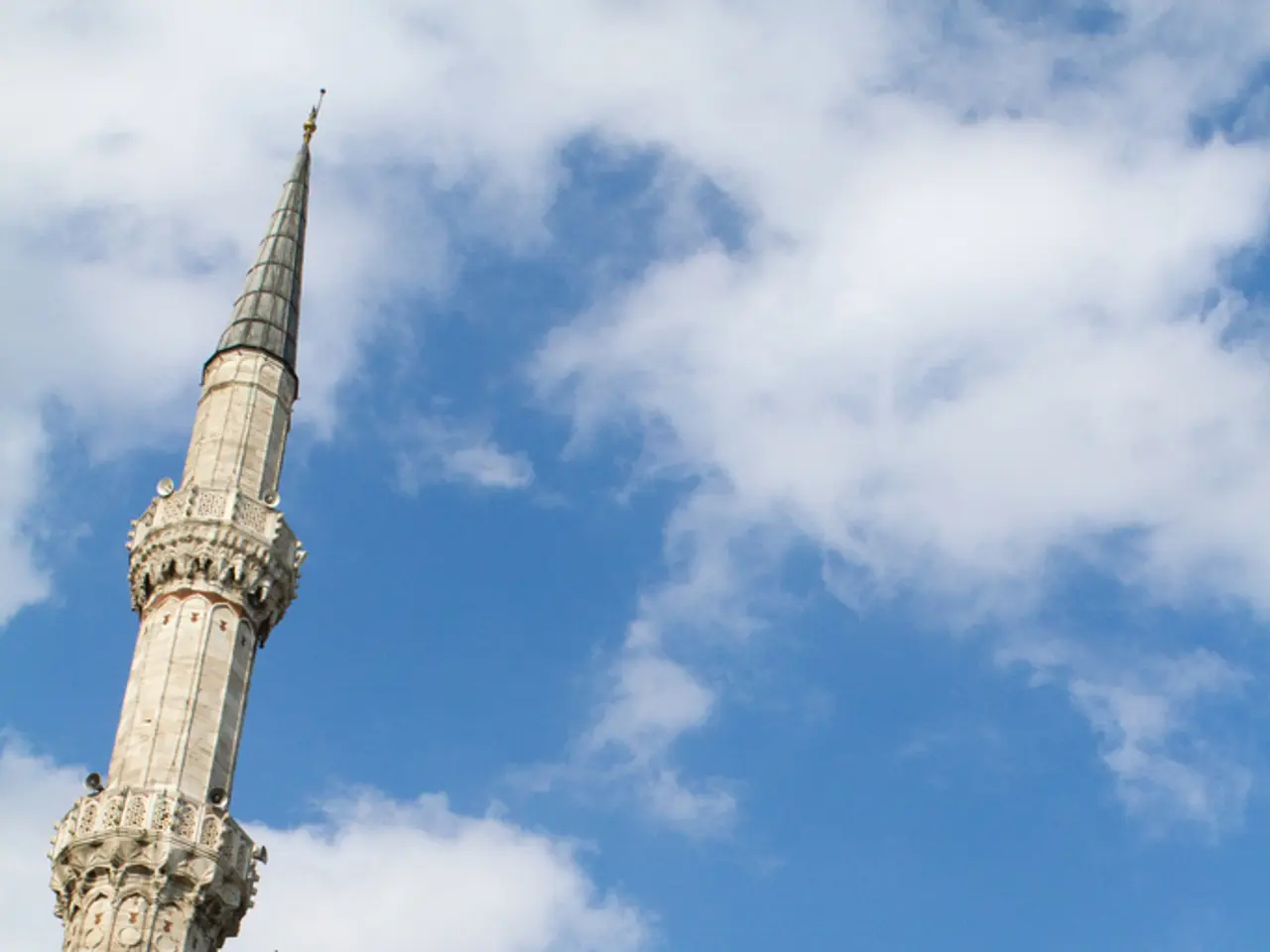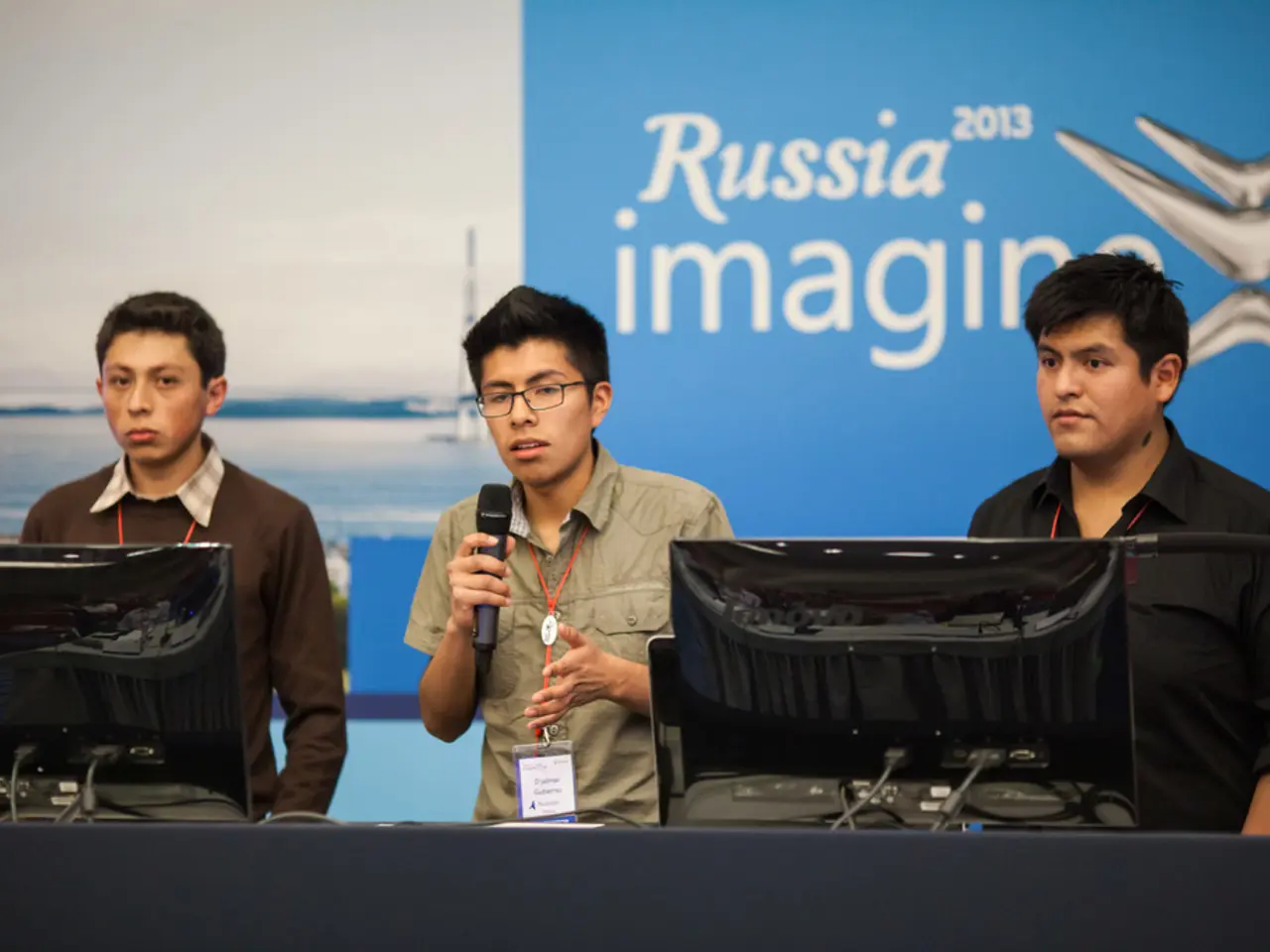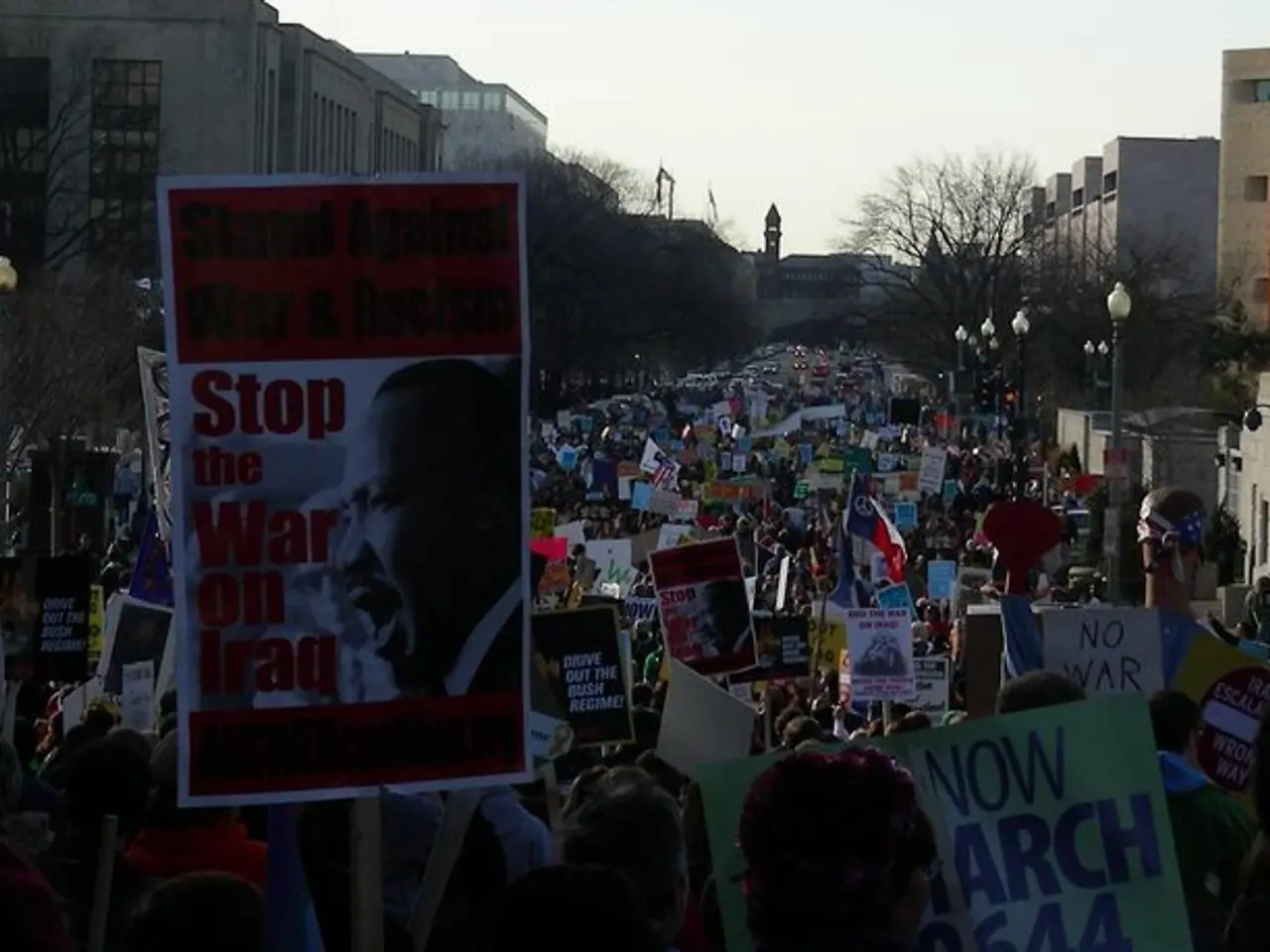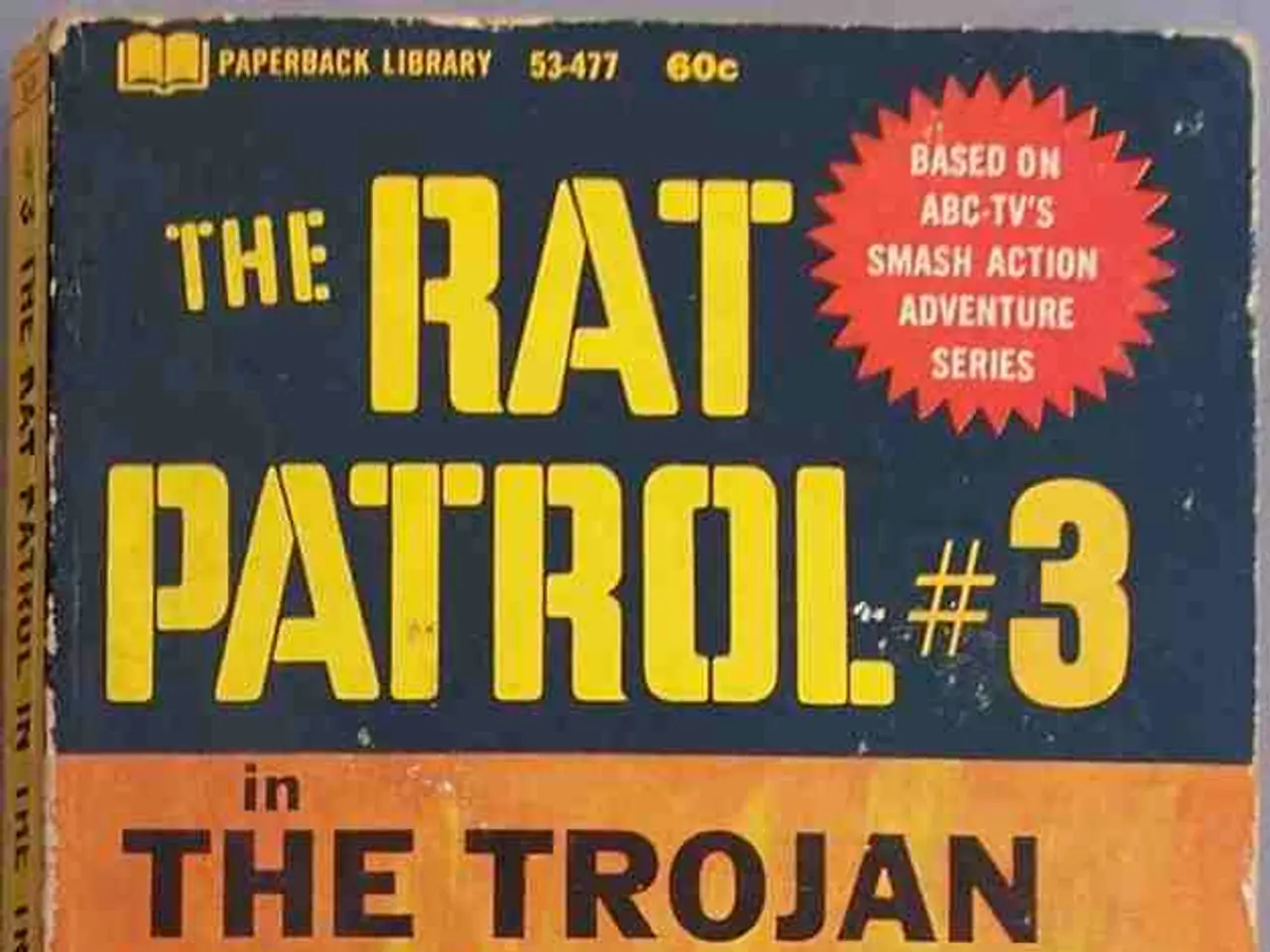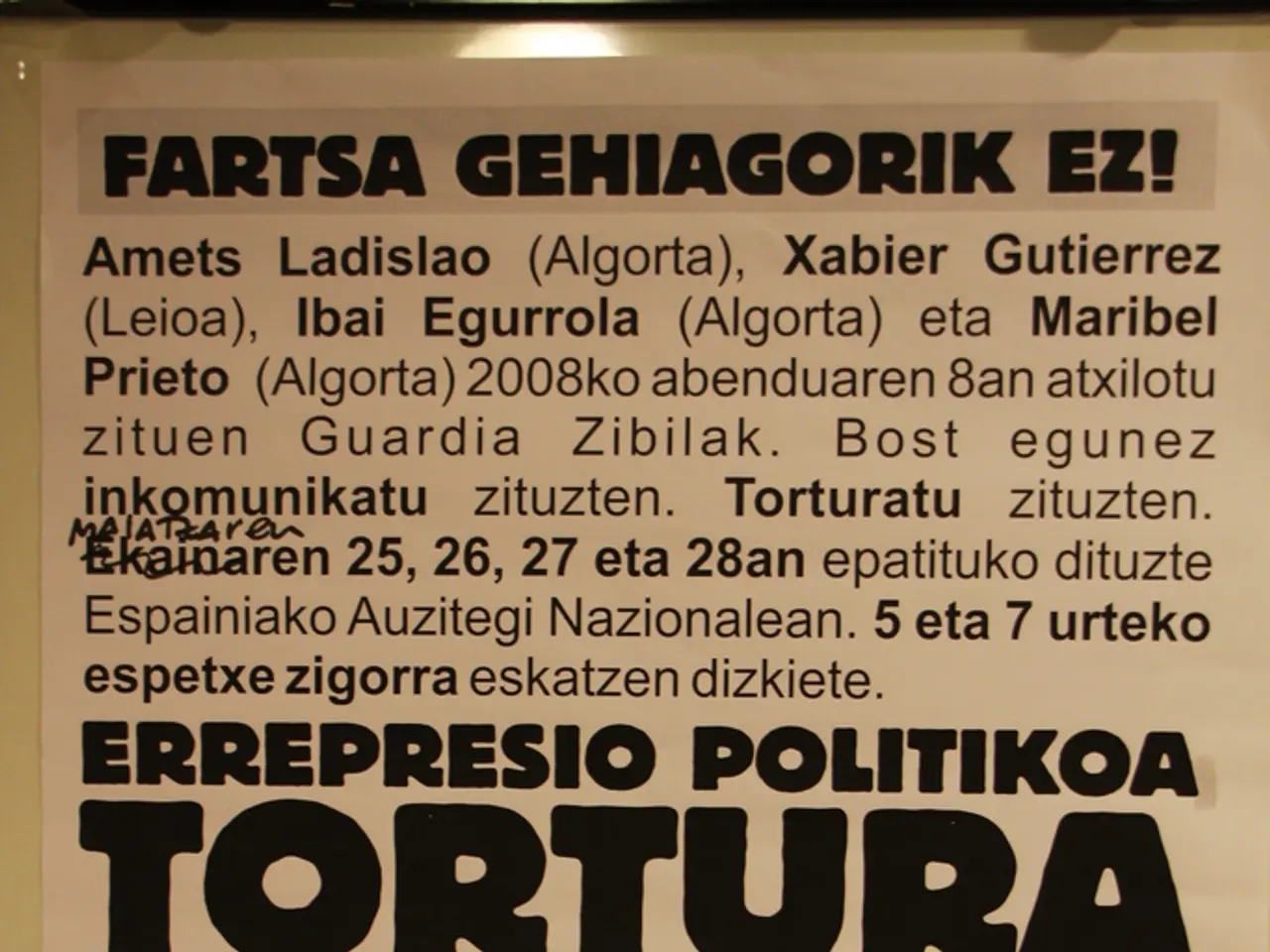Uninterrupted passage of 2015 days since Sharjeel Imam's detention, trial is yet to commence
Imam's Longstanding Detention Sparks Controversy and Criticism
Sharjeel Imam, a political activist in India, has been incarcerated for over five years under the Unlawful Activities Prevention Act (UAPA), with his bail applications either denied or pending.
The ongoing detention of Imam, who has spent more than 2000 days in jail without trial, has attracted criticism for systemic delays and a lack of concrete evidence justifying his continued imprisonment. Advocates and some judicial commentary suggest that these factors are contributing to the prolongation of his incarceration without trial.
The case involving Imam, alongside others like Umar Khalid, has sparked controversy, with activists and student groups highlighting "injustice" under the UAPA framework and the lengthy pre-trial detention despite weak or absent evidence. The Supreme Court has emphasized the principle that “bail is the rule, jail is the exception,” even for UAPA cases, but this has not materially changed the pace of bail hearings or case disposal in Imam's matter.
The situation has raised concerns about the use of UAPA in India to detain political activists with prolonged legal processes and minimal evidentiary support. Activists like Ibrahim have called for stricter systemic measures, such as requiring weekly hearings and the examination of witnesses within a certain timeframe, to address these issues.
The event "2015 Days of Injustice" was held at Sabarmati Dhaba, Jawaharlal University (JNU) to demand the release of jailed scholar Sharjeel Imam and the repeal of charges against all political prisoners. The speaker list included activist Afreen Fatima, former IAS officer Harsh Mander, Caravan Magazine Editor Hartosh Singh Bal, Abdul Wahid Shaikh, author of Innocent Prisoners, and Ahmad Ibrahim, Imam's lawyer.
Afreen Fatima, a student leader and activist, criticized Jawaharlal University for its silence during the Babri Masjid verdict and for failing to support Sharjeel Imam and others. Fatima argued that Imam's speech was one of the most constitutional speeches and the student community failed to defend it.
Hartosh Singh Bal, Executive Editor of The Caravan, stated that Imam's ongoing incarceration without evidence is linked to his Muslim identity. Bal argued that the RSS government systematically persecutes Muslims and Marxists since 2014 as part of its ideological project. Bal characterized the current situation as "functional apartheid" implemented legally and democratically.
Ahmad Ibrahim, Imam's lawyer, discussed deep structural delays, procedural hostility, and political bias shaping the prosecution of UAPA accused across India, especially in NIA courts.
This ongoing detention of Sharjeel Imam underscores the broader context of criticism of UAPA's application leading to extended pre-trial detentions, often without timely judicial remedies for accused individuals like Imam. As of August 2025, the bail application for the one pending UAPA case against Sharjeel Imam had not been decided.
The ongoing controversy surrounding Sharjeel Imam's detention raises questions about the role of the Unlawful Activities Prevention Act (UAPA) in Indian politics, particularly with regard to the prolonged legal processes for political activists. The event "2015 Days of Injustice" called for the release of Imam and the repeal of charges against political prisoners, highlighting the alleged systemic bias against Muslim identity in UAPA cases. In a broader context, Health and General-News reports might delve into the state of justice and human rights in India, while Crime-and-Justice and Politics sections would focus on the misuse of UAPA, political bias in the judicial system, and the ongoing debate about Imam's detention. The Environment and Sports sections, however, are unlikely to be directly related to this topic.
